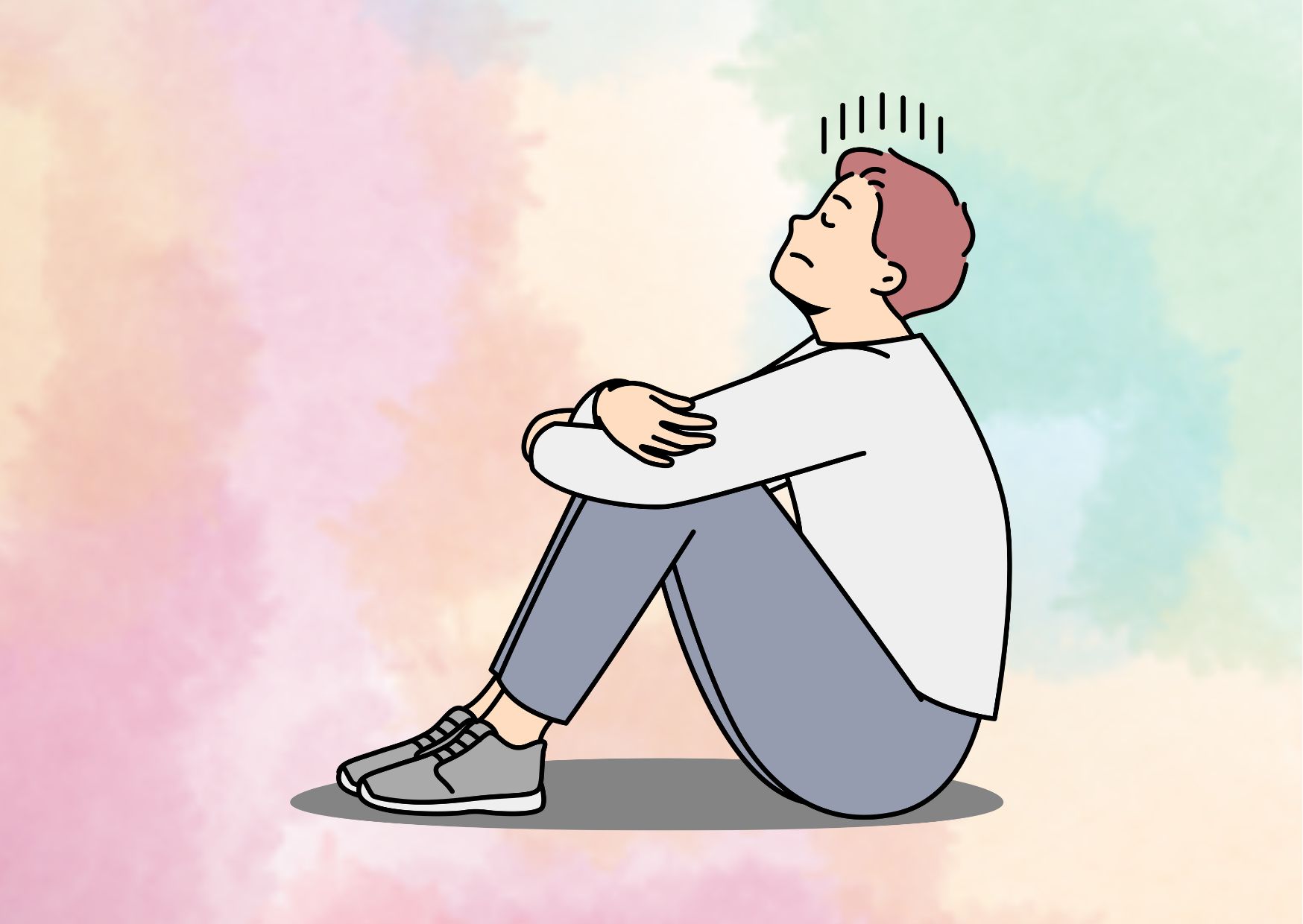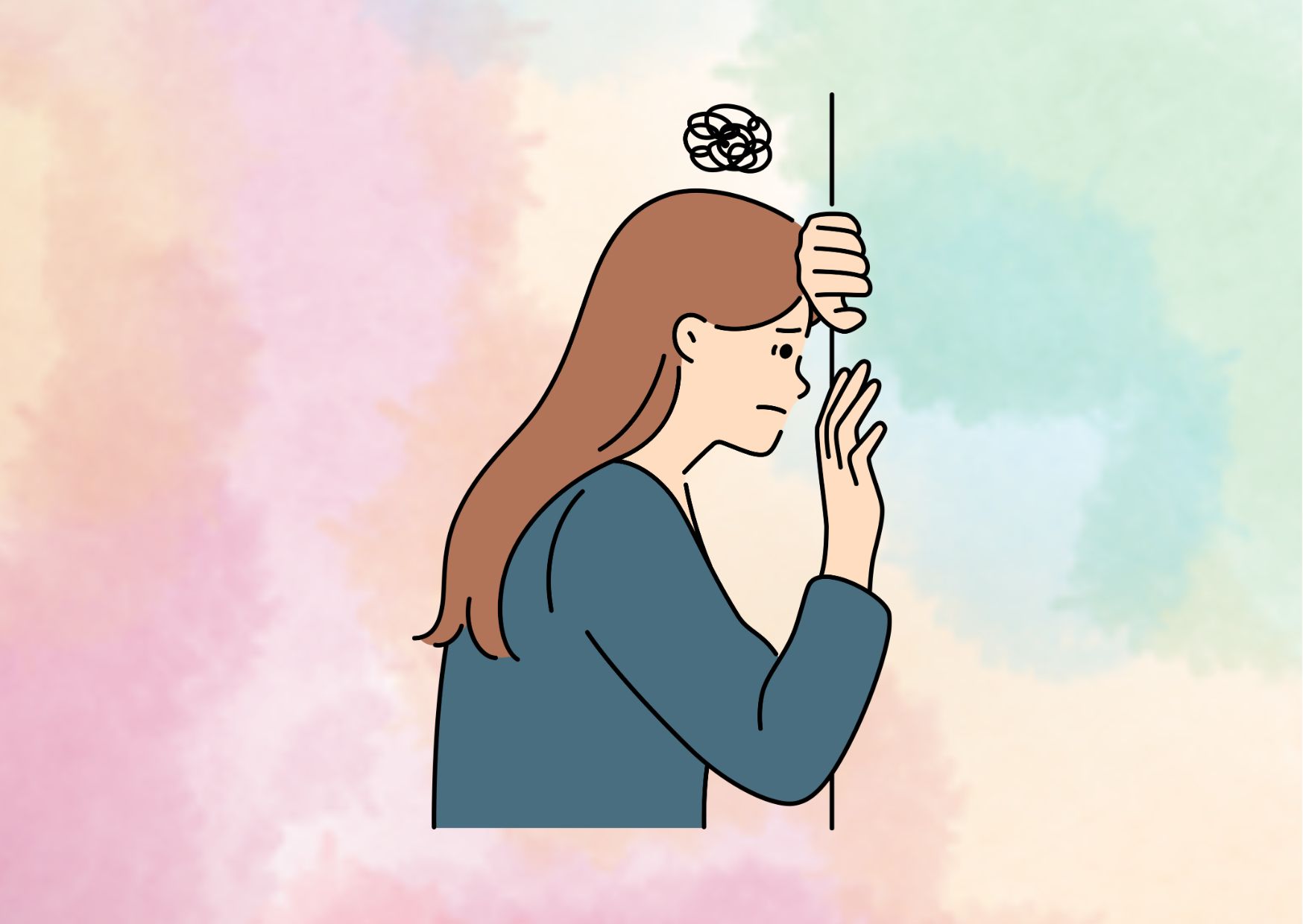I Hate Myself: Disturbing Thoughts of Self-Hatred
Engaging with the challenge of “I Hate Myself”: this phrase not only echoes the distress many individuals face but also marks a concerning aspect of mental health. Rooted in a myriad of factors including negative self-talk, depression, and self-destructive behavior, the sentiment of self-hatred can be a heavy burden to bear. It’s a complex emotion, influenced by past experiences, unrealistic expectations, and a relentless habit of self-criticism and self-blaming. Yet, understanding that this is a common human experience suggests that overcoming it is possible with the right strategies and support.
This article will explore the sources and impacts of thoughts like “why do I hate myself so much”, delving into the roles played by comparison, expectations, and childhood trauma. Furthermore, it will offer a roadmap towards cultivating self-compassion through mindfulness, therapy, counseling, and building supportive relationships. Recognizing the roots and adopting strategies for improving self-esteem are crucial steps on the journey towards healing. Additionally, we will discuss the importance of seeking professional help in addressing depression and transforming one’s mental health landscape.
Recognizing the Sources of I Hate Myself
Self-loathing, a profound sentiment that can significantly hinder one’s quality of life, often has its roots deeply embedded in childhood experiences and the dynamics of early caregiver relationships. Understanding the multifaceted origins of “I hate myself” sentiments is crucial for addressing and overcoming these feelings.
- Childhood and Caregiver Influence:
- Overly Controlling or Authoritarian Caregivers: Children raised by overly controlling parents or authoritarian caregivers may develop a lack of self-esteem, evolving into self-loathing as they mature. The constant feeling of being under scrutiny can lead to an internalized view of oneself as never good enough.
- Abuse and Neglect: Experiences of childhood trauma, including physical, sexual, or emotional abuse and neglect, can trigger feelings of self-hatred. Such traumatic experiences can make individuals feel unworthy, leading to a long-term negative self-image.
- Parental Expectations and Objectification: Being treated as an object, whether through being used to fulfill a parent’s needs or being expected to be a perfect representation of the parent, can lead to self-hatred. This treatment can stem from various forms, including being used as a tool for gratification or being held to unattainable standards.
- Psychological and Societal Factors:
- Negative Self-Talk and Psychological Factors: Stemming from past experiences, societal pressures, and an inner critic, negative self-talk can significantly contribute to feelings of self-hatred. This internal dialogue often highlights failures and shortcomings, overshadowing any sense of self-worth.
- Perfectionism and Social Comparison: The pursuit of perfection and constant comparison with others, especially upward comparison, can fuel self-hatred. The unattainable nature of perfection leads to constant self-criticism, while comparing oneself to others can exacerbate feelings of inadequacy.
- Societal and Cultural Pressures: Internalized societal or cultural pressures to conform to certain standards of success and perfection can be a significant source of self-hatred. The failure to meet these often unrealistic expectations can lead to a profound sense of failure and self-disgust.
- External Influences:
- Bullying and Traumatic Experiences: External factors such as bullying, traumatic experiences, or societal expectations can also contribute significantly to self-hatred. These experiences can reinforce the belief that one is fundamentally flawed or unworthy of acceptance and love.
- Lack of Emotional Connection: Not all sources of self-hatred stem from abusive or uncaring families. A lack of emotional connection or understanding within the family can also lead to feelings of self-loathing, as individuals may feel unseen or misunderstood.
Recognizing these sources is the first step toward healing. It’s essential to understand that self-hatred is often a complex interplay of past experiences, psychological factors, and societal influences. Addressing these underlying issues through therapy, counseling, and self-compassion practices can pave the way for overcoming self-loathing and building a healthier self-perception.
The Role of Comparison and Expectations
In navigating the complex terrain of self-perception, the phenomena of comparison and expectation emerge as pivotal factors influencing feelings of self-worth. These elements, deeply ingrained in our psychological makeup, can either serve as catalysts for growth or as barriers to self-acceptance. Here, we delve into the multifaceted roles they play:
- Comparison: A Double-Edged Sword
- Upward Social Comparison: Often, individuals find themselves looking upwards, comparing their lives with those perceived to be in a better position. This can lead to feelings of inadequacy and lower self-esteem, as one measures their success against the seemingly flawless achievements of others.
- Downward Social Comparison: Conversely, comparing oneself to those perceived to be worse off can temporarily boost self-esteem. However, this boost is often fleeting and can lead to a cycle of constant comparison for validation.
- Impact of Social Media: Social networking sites (SNSs) exacerbate this comparison trap, facilitating a platform for continuous upward comparison, which can diminish self-esteem and contribute to feelings of loneliness, anxiety, and depression over time.

